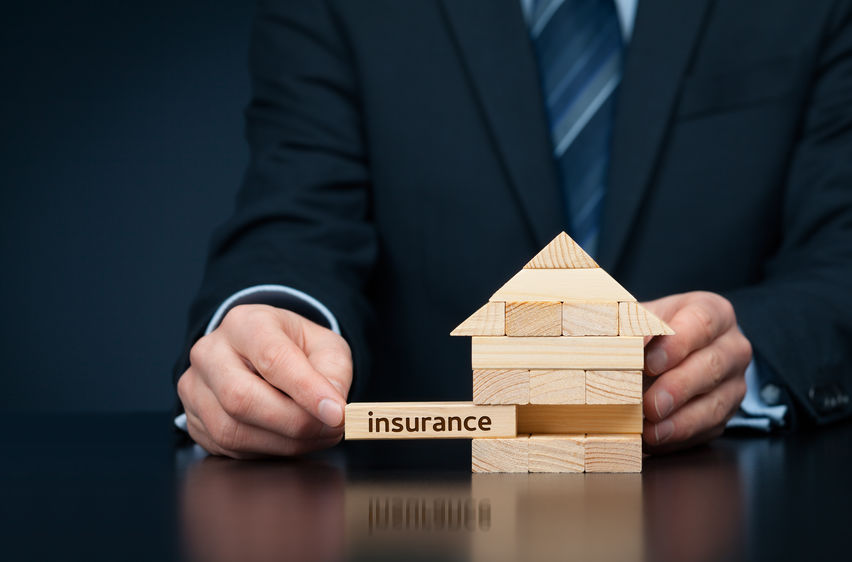As the country enters yet another month of economic uncertainty with regards to the coronavirus pandemic, a great deal of business interruption cases have surfaced. Companies throughout the United States, including many in Miami, Florida, are seeking coverage for their immense losses throughout this pandemic, specifically claiming direct physical damage to substantiate their business income coverage claims.
Direct Physical Loss Definition
Oftentimes, insurance companies are denying coverage based on the fact that the insured did not did not suffer direct physical loss. However, if “direct,” “physical,” and “loss” are all undefined in your policy, then this ambiguity is beneficial for the person seeking coverage because ambiguity is always construed against the insurance company. Additionally, even if there is no direct physical damage in the policyholder’s building to constitute direct physical loss, there is fortunately some precedent saying that property can sustain physical loss without experiencing structural damage.
For example, some cases have found that contamination by poisonous gas counts as physical damage. Similarly, some cases have found that property can sustain a physical loss without actual structural damage. Additionally, it is established that a location can suffer a direct physical loss when it is made uninhabitable by substances like gas or odors.
Business Interruption Insurance
The causation element between the alleged property damage and lost profits is very important for the policyholder to establish. For example, policyholders can argue that because their surfaces were possibly contaminated with the virus, they could not use the property for risk of contracting the virus.
It is common to think that because a person infected with COVID-19 was not physically in your building to infect the people and premises, that it will be difficult to prove causation. However, even if the causal link between COVID-19 and the business loss is too attenuated given a lack of actual COVID-19 presence in buildings, it has been held that the insured can satisfy its burden of proof through reasonable inferences that the damaged property led to its losses.
Something else that works to the policyholder’s favor are the state and national stay-at-home orders, because they show that the business did not close on its own accord. In other words, your business closing was not a discretionary business decision, it was a necessary business interruption as mandated by the declaration of a Public Health emergency and the closings of non-essential businesses. This often triggers coverage under the Civil Authority coverage provision.
In regards to the loss calculations, courts have held that the actual loss is the difference between the net profit the insured actually receives, and the net profit they would have received had no incident occurred to interrupt it.



